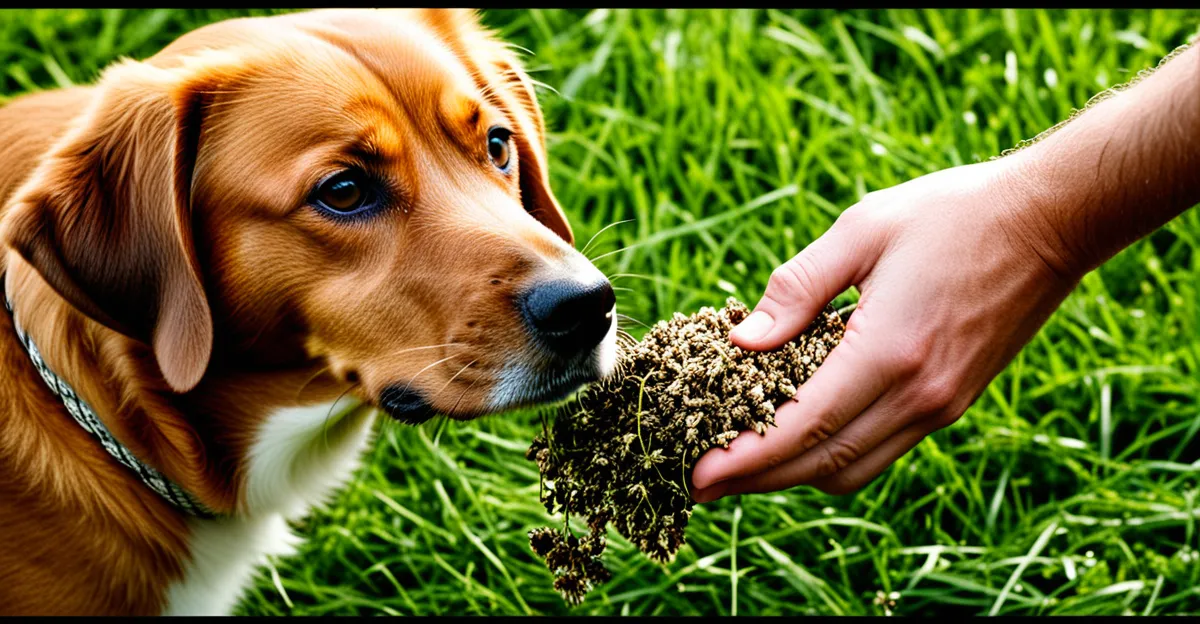Immediate actions to reduce your pet’s carbon footprint
Taking immediate actions can significantly help reduce pet carbon emissions and promote eco-friendly pet ownership UK. Start by evaluating your current pet care practices: assess where you can cut unnecessary waste or energy use. For example, switching to reusable feeding bowls or water containers reduces disposable plastic consumption.
Adopt small daily changes to lower your impact. Walk your dog instead of driving to nearby parks or use public transport when possible—this helps cut pet transport emissions UK. Even simple shifts, like washing pet bedding in cold water or choosing energy-efficient pet care devices, contribute to sustainable pet care.
In the same genre : How can you ensure a healthy diet for your pet in the UK?
Choosing UK-based resources and products supports local businesses, reducing carbon emissions related to transportation. Opt for locally made pet food, toys, and accessories that align with sustainability goals. These smaller carbon footprints matter collectively.
In summary, focusing on sustainable pet care by making these immediate changes encourages a more responsible, eco-conscious lifestyle that benefits both your pet and the environment. By implementing such steps, you actively contribute to reducing environmental harm and lead by example in the eco-friendly pet ownership UK community.
Have you seen this : What are the best ways to socialize your pet in the UK?
Sustainable pet food choices for UK households
Choosing sustainable pet food UK is a vital step toward reducing the environmental impact of your pet’s diet. Many UK households are now opting for eco-friendly dog food and green cat food brands that prioritize local, responsibly sourced ingredients. This approach helps cut down on the carbon emissions associated with long-distance food transport and unsustainable farming practices.
What makes pet food sustainable? It typically contains ingredients grown or produced using methods that minimize environmental harm, such as organic farming, regenerative agriculture, or low-impact fisheries. Brands leading in sustainable pet nutrition within the UK often use locally sourced proteins like free-range poultry, plant-based components, or insect protein options. These alternatives reduce reliance on meat-heavy diets, which have higher carbon footprints.
Adjusting your pet’s diet to include less meat can directly reduce pet carbon emissions. For example, swapping a portion of the meal for sustainably sourced vegetables or grains contributes to a greener lifestyle. Some pets require balanced nutrition carefully tailored to their needs; consulting with a vet about these eco-conscious diet shifts can be very helpful.
Incorporating sustainable pet food UK choices supports broader eco-friendly pet ownership UK goals by promoting health, welfare, and environmental responsibility. This dietary focus forms an essential part of comprehensive sustainable pet care.











